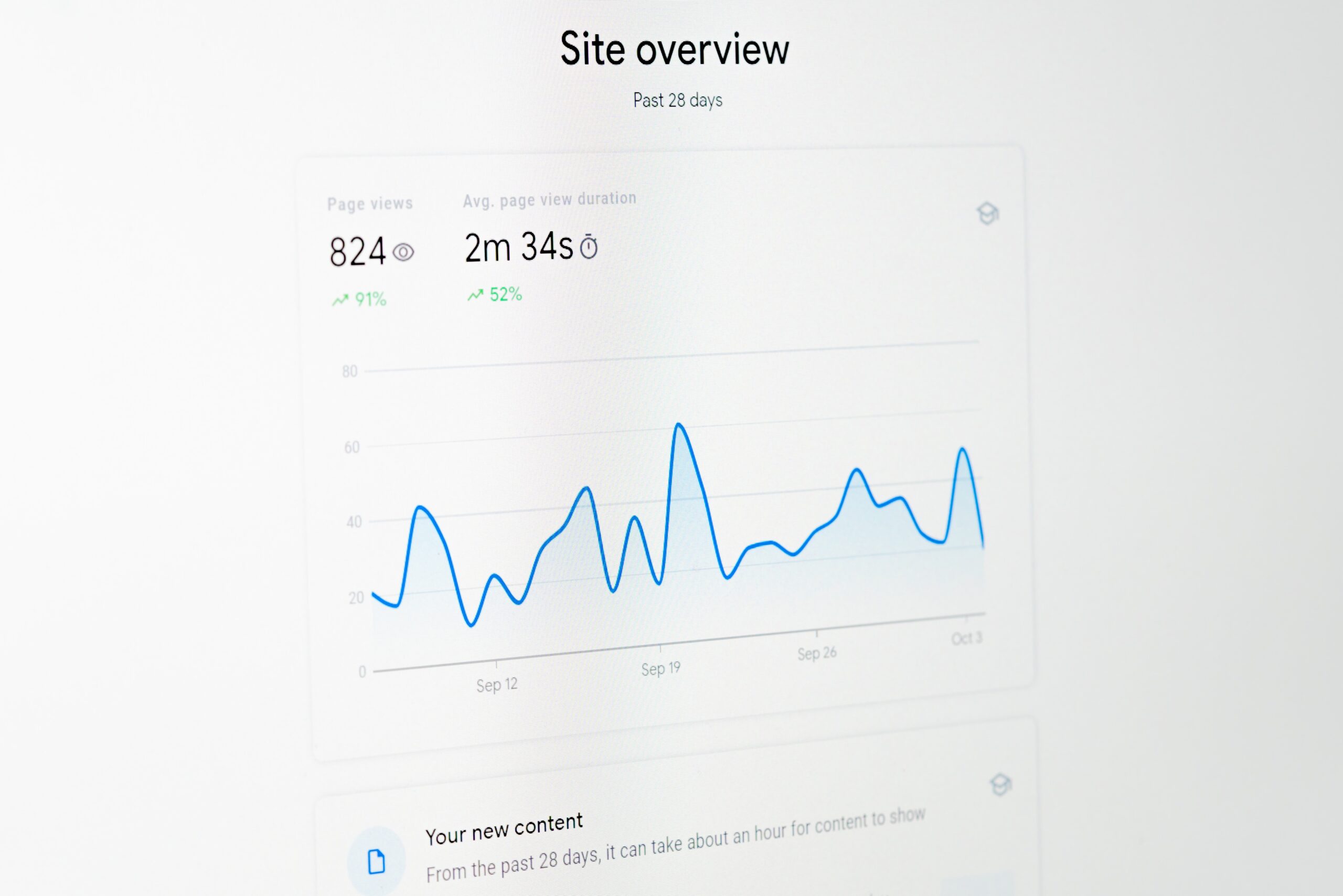If you are creating your first websites whether it be a blog or something else you may be wondering how long does it actually take to get traffic for that blog on average and what are the factors that affect this?
There are many factors that affect how quickly you get traffic to your website. These include the nature of the topic that the website is about, the keywords that are selected and the degree of promotion that is done for the website on other platforms such as YouTube and social media sites such as Pinterest.
When starting a new blog you can expect to see traffic begin to pick up after 4 to 8 months. At 8 to 12 months the article should reach the maximum amount of traffic it is going to get. Sometimes even longer in some cases. However there is a high degree of variation with this with the speed generally varying depending on the degree of competition for that particular keyword.
Real Blog Post Examples
There are two examples of articles that have been written below on the same website approximately one month apart which will give some idea of the degree of variation that you may see. The first article was written in mid November 2020 and as you can see from the graph it only took 4 or 5 months to start to rank. Competition on this particular article was relatively low which we believe is the most likely reason why traffic came in earlier.
However, this example is on a seasonal website and you can see that the peak period is from around February to July because it is in the outdoor gardening niche.
The second example shows an article that was written on the 1st of January and eventually reached a ranking of number 1 on Google search. But it took nearly 12 to 18 months to reach that point with the early traffic coming in around 7 to 8 months later.
Both of these articles were published on a website that was approximately 3 months old at the time of publication which means it was very young. As the website ages over time you will find that the time between writing an article and getting traffic will reduce somewhat but in most cases you are still looking at least a couple of months before you see the results from your work.
So if you are starting a website you can typically expect that it is going to take somewhere between 12 and 18 months to really start to get the benefit of the work that you put in with significant traffic arriving on your site. This particular site was the first one that I have a built and you can see the overall traffic progression of the site over the first 18 months or so.
In saying this I would also highlight that your capacity to identify keywords will improve significantly over time which means that those people that are more experienced with creating websites will generally be able to get the website to rank earlier.
How To Identify The Right Keywords For Your Website?
There are many different methods that are used to identify key words and there are a huge range of paid tools, however, many of these can be quite expensive and in some cases can be of limited value. Given that you are starting a website for the first time and you probably don’t want to spend a great deal of money as such I will focus on one of the ways I find keywords which are largely free of charge (but not completely).
There are two critical factors associated with ranking an article on Google which is where the bulk of most people’s traffic comes from. These factors are as follows;
- The level of competition for that keyword
- The search volume associated with the keyword.
The key thing that most people creating their first website need to understand is that there will be very few keywords that you can actually find that have no answers on Google. The vast majority will have some degree of competition or articles already ranking for that particular search term that are relevant.

Ranking 1,2 or 3 On Google
The most important factor in success for ensuring that you write articles that will end up ranking 1, 2 or 3 on Google is selecting keywords you can realistically complete for. Websites that are very old and very well established are generally very hard to displace from these positions and one of the most common mistakes that people make is trying to take on very large sites.
The obvious question at this point is how do you actually identify these sites. The simplest tool to use is a free google plugin called Moz Bar which is free. Moz bar provides a rating from 1 to 100 based upon the strength of a website. If you are creating a brand new website you will have a rating of 1 and websites such as YouTube and Microsoft have ratings above 95. The example below shows a website with a domain authority (DA) of 42.
Ideally, brand new sites can compete against sites that have a Da less than 20 ideally. The exception to this is when the content that is ranked for a specific keyword that is not relevant, extremely short or very low quality. This can include things like forums which have user-generated content which in most cases is quite short.
In terms of the volumes individual keywords there are many tools available which can determine this, however, these tools generally do not provide a very accurate picture of the volumes and they are really just an indicator. The cheapest product to use in this area is keywords everywhere which is extremely low cost. It costs $10 per 100,000 credits which for most people will last 6 months or longer.
How To Use Keywords Everywhere To Find Low Competition Keywords
Keywords everywhere is a tool that I would highly recommend that you purchase primarily because it is extremely useful for identifying what keywords a particular website is ranking for which is a very efficient method of finding potential keywords.
The method is fairly straightforward. What you need to do is turn on keywords everywhere and do a basic search in google for a search term that is in your niche. Then look through the search results to see if you can find sites that have a Da less than 20 and then check the keywords that a particular site ranks for by clicking on the blue numbers next to Kw which are located to the right of the title of the article on the search engines results page. The example below shows that this article ranks for 852 keywords.
I find that this is one of the most helpful ways to identify possible topics to investigate because not only do you find the individual topics from another website but it also leads you down many new lines of enquiry if you look at the “What other people asked” part of google.
Additionally, it is important to note that I also use this function for the purposes of clarifying the volumes for a specific keyword because there are often many variations to a particular keyword that keywords everywhere will provide an individual volume for. Add these volumes together to fgice a better picture of the likeyl volume associated with the keyword.
Don’t forget to check out some of our other blog related articles:

